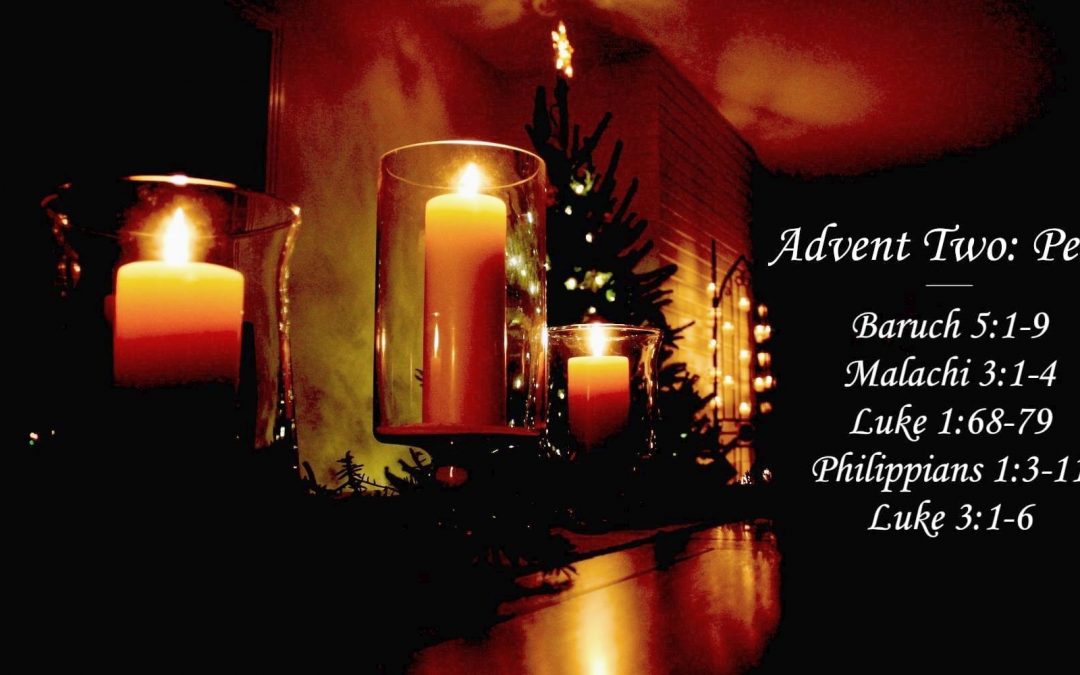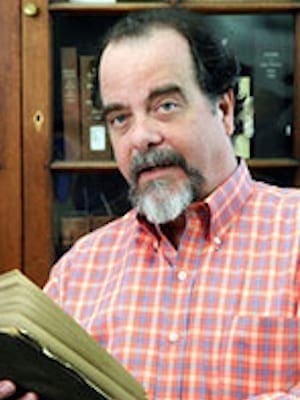To speak in favor of peace always demands finding a dissenting voice.
There are in our generation peace protests and anti-immigration rallies, advocates for welcoming refugees into our society and for closing borders willy-nilly to forestall perceived threats.
And, there is a growing clamor in favor of racial superiority as the justification for fomenting hostility rather than embracing a call to peacefulness.
Things have not changed much. Even casual observers of history – all of human history – will note that peace protesters always stand in a minority against those who rally the majority for war.
Take care not to confuse the issues of peace and hostility. They are not opposites. Hostility, at its core, is the pursuit of conflict; peace is the desire to end conflict. Peace and hostility are not opposites of that sort.
What distinguishes an embrace of hostility and the pursuit of peace is more likely the issue of a foundation.
Those who rally the majority for hostility are confident in the power of the many to overpower the few.
Those who protest for peace are confident that they might empower the few with a hope of transforming the goals of the many.
Both those striving for peace and hostility are, well, striving.
On the second Sunday of Advent we are reminded – as followers of the Prince of Peace – that we are called to find a dissenting voice in a hostile world.
We are called to protest any and every attempt to overpower the few. We are called to raise our voices in hope that our dissent might transform the very foundations upon which our world rests. We are called to strive for peace.
Protestants by and large (Anglicans and Episcopalians are exceptions) are not familiar with Baruch as a sacred text. It purports to be the thoughtful confessions and prayers of the secretary of Jeremiah.
Tradition claims that Baruch was exiled to Babylon while Jeremiah was left behind to languish in the rubble of Jerusalem.
From the dustbin of history and sacred texts, Baruch has a firm word for our generation. “God will give you evermore the name, “Righteous Peace, Godly Glory” (Baruch 5:4).
The anonymous prophet of the post-exilic period whom we call Malachi (the word simply means “my messenger”) stood against the majority of his day and pleaded for a transformation of the institution of the Temple in Jerusalem.
The prophet proclaimed his confidence that the coming one “will sit as a refiner and purifier of silver, and he will purify the descendants of Levi and refine them like gold and silver until they present offerings to the Lord in righteousness” (Malachi 3:3).
These are hard words for the contemporary church. “The descendants of Levi” are the equivalent of the ministers, priests and leaders of the congregation.
Will they find the dissenter’s voice and proclaim peace on the second Sunday of Advent? Will they glimpse and act upon the impertinence of peace?
On the second Sunday of Advent, we hear in Luke’s Gospel the Song of Zechariah instead of a traditional psalm. Old Zechariah’s song is at least a protest.
After nearly a year of silence, Zechariah finds his dissenter’s voice on the day of his first-born son’s circumcision and agrees with old Elizabeth, she who had told the crowd that the son born of her old age would be named John (Luke 1:59-66).
Speaking both with the audacity of hope and the impertinence of peace, old Zechariah proclaims that “By the tender mercy of our God, the dawn from on high will break upon us, to give light to those who sit in darkness and in the shadow of death, to guide our feet in the way of peace” (Luke 1:78-79).
From a prison somewhere in the ancient Roman world, we hear a third voice of dissent on the second Sunday in Advent.
Even a casual reader will hear an echo of the prophet Malachi in the words of Paul to the Philippians. “This is my prayer, that your love may overflow more and more with knowledge and full insight to help you determine what is best, so that in the day of Christ you may be pure and blameless, having produced the harvest of righteousness that comes through Jesus Christ” (Philippians 1:9-11).
It is a voice of dissent because the apostle refuses to accept his bondage as a restriction of the power – “the empowerment” – of the Gospel.
On the second Sunday in Advent, John the Baptist always shows up. He is the icon of the impertinence of peace.
His appearance, his demeanor and his message are anything but irenic, according to conventional standards.
Rather than soothing the frayed nerves of the faithful, he ruffles their feathers. “Every valley shall be filled, and every mountain and hill shall be made low, and the crooked shall be made straight, and the rough ways made smooth; and all flesh shall see the salvation of God” (Luke 3:5-6).
Peace never is about maintaining the status quo. Peace is about striving to be empowered and transformed by the presence of God in our midst.
To speak in favor of peace always is to find a dissenting voice, a voice that articulates what could be and what should be for followers of Jesus.
Light the candle of peace on the second Sunday in Advent. Risk the impertinence of peace.
It is the prophets, the psalms, the epistles and the Gospel.
Editor’s note: This article is part of a weekly series for Advent 2018, reflecting on the lectionary texts for the Sundays of Advent that are available here. The previous article in the series is:


